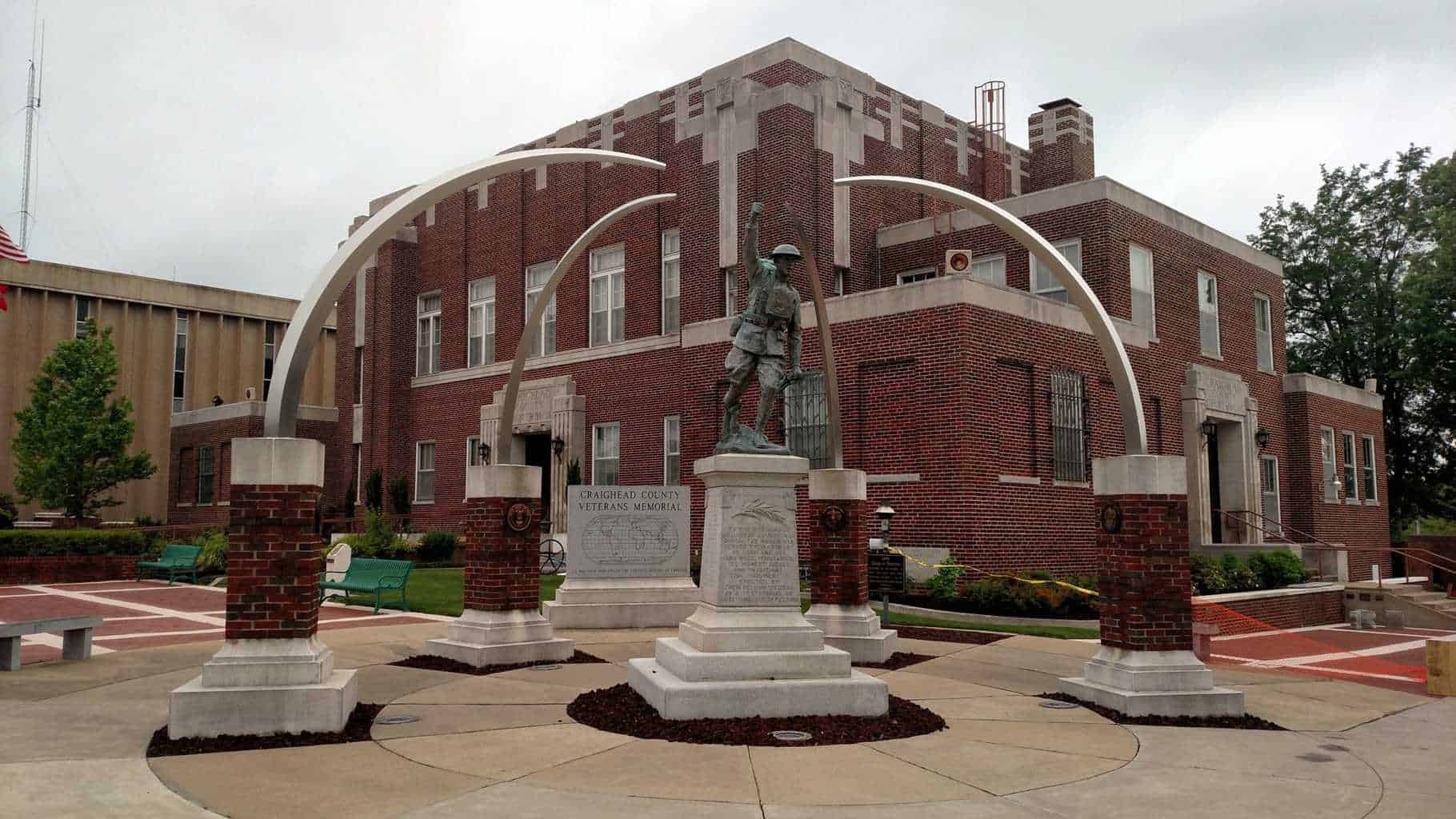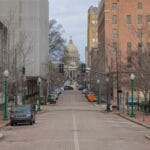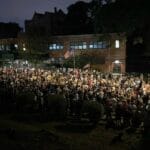Nestled in the heart of Northeast Arkansas, Jonesboro thrives as a hub of culture and commerce. This article delves into the dynamics of Jonesboro’s population, exploring its growth trajectory, demographic composition, and the factors shaping its vibrant community.
A Closer Look at Jonesboro’s Population
Jonesboro, the fifth largest city in Arkansas, boasts an estimated population of 81,246 as of May 2024. This figure signifies consistent growth from its 2020 census population of 78,580. As the focal point of the Jonesboro Metropolitan Statistical Area (MSA), which recorded 134,196 residents in 2020, the city’s influence extends beyond its official boundaries.
Population Trends:
- 2020 Official Census: 78,580
- 2022 Estimate: 78,400
- 2023 Estimate: 80,560
- May 2024 Projection: 81,246
This steady upward trend can likely be attributed to a number of factors, including the presence of Arkansas State University, a diversifying economy, and a relatively affordable cost of living.
The Face of Jonesboro: Racial and Ethnic Composition
Jonesboro prides itself on its diverse community. As of 2020, the racial makeup of the city was:
- White: 68.70%
- Black or African American: 21.78%
- American Indian and Alaska Native: 0.44%
- Asian: 1.64%
- Native Hawaiian and Other Pacific Islander: 0.03%
- Some Other Race: 3.04%
- Two or More Races: 4.37%
This blend of cultures contributes to the city’s unique social fabric and influences various aspects of its identity, from cuisine and arts to community events and local businesses.
Is Jonesboro a Good Place to Live?
Jonesboro is often praised for its unique blend of Southern charm and modern amenities. The city offers:
- Strong Sense of Community: Residents often highlight the welcoming and friendly atmosphere.
- Affordability: The cost of living in Jonesboro is comparatively lower than in larger urban areas, particularly in terms of housing.
- Family-Friendly Environment: With a median age of 33.8, Jonesboro appeals to families and young professionals alike. The city is home to well-regarded schools and offers numerous parks and recreational spaces.
- Growing Economy: While agriculture remains a significant industry, Jonesboro’s economy is becoming increasingly diverse with opportunities in healthcare, education, and manufacturing. The presence of Arkansas State University also plays a crucial role in providing employment.
- Outdoor Recreation: Nature enthusiasts appreciate the abundance of parks, lakes, and trails surrounding Jonesboro.
Jonesboro’s Population in 2024 and Beyond
With a projected population of 81,246 in 2024, Jonesboro’s growth shows no signs of slowing down. Several factors suggest this trend will likely continue in the coming years:
- Economic Development: Continued diversification and growth in key industries are likely to attract new residents seeking employment opportunities.
- Arkansas State University: The university’s presence ensures a steady influx of students, faculty, and staff, contributing to the city’s dynamic population.
- Quality of Life: As Jonesboro continues to invest in its amenities, infrastructure, and community resources, its appeal as a desirable place to live is likely to grow.
Unpacking Jonesboro’s Growth: Factors and Future Outlook
To fully comprehend the dynamics of Jonesboro’s population, it’s essential to analyze the underlying factors driving its growth:
- Economic Drivers: Delving into specific industries experiencing growth and their potential to attract new residents would provide valuable insights.
- The Role of Arkansas State University: Quantifying the university’s contribution to Jonesboro’s population, including student enrollment trends and their impact on seasonal fluctuations, would offer a nuanced perspective.
- Neighborhood-Level Trends: Identifying areas within Jonesboro experiencing the most significant population growth could reveal investment opportunities and highlight desirable neighborhoods.
- Comparative Analysis: Placing Jonesboro’s growth in context by comparing it to similar cities in Arkansas or the surrounding region would highlight its unique appeal and challenges.
Conclusion
Jonesboro’s population story is one of steady growth, driven by a blend of economic opportunity, educational institutions, and a high quality of life. As the city continues to evolve, understanding the nuances of its population trends will be crucial for policymakers, businesses, and residents alike. By embracing its strengths and addressing potential challenges, Jonesboro can pave the way for sustainable growth that benefits its diverse and vibrant community.
- Unlock Elemental 2 Secrets: Actionable Insights Now - April 2, 2025
- Lot’s Wife’s Name: Unveiling the Mystery of Sodom’s Fall - April 2, 2025
- Photocell Sensors: A Complete Guide for Selection and Implementation - April 2, 2025
















